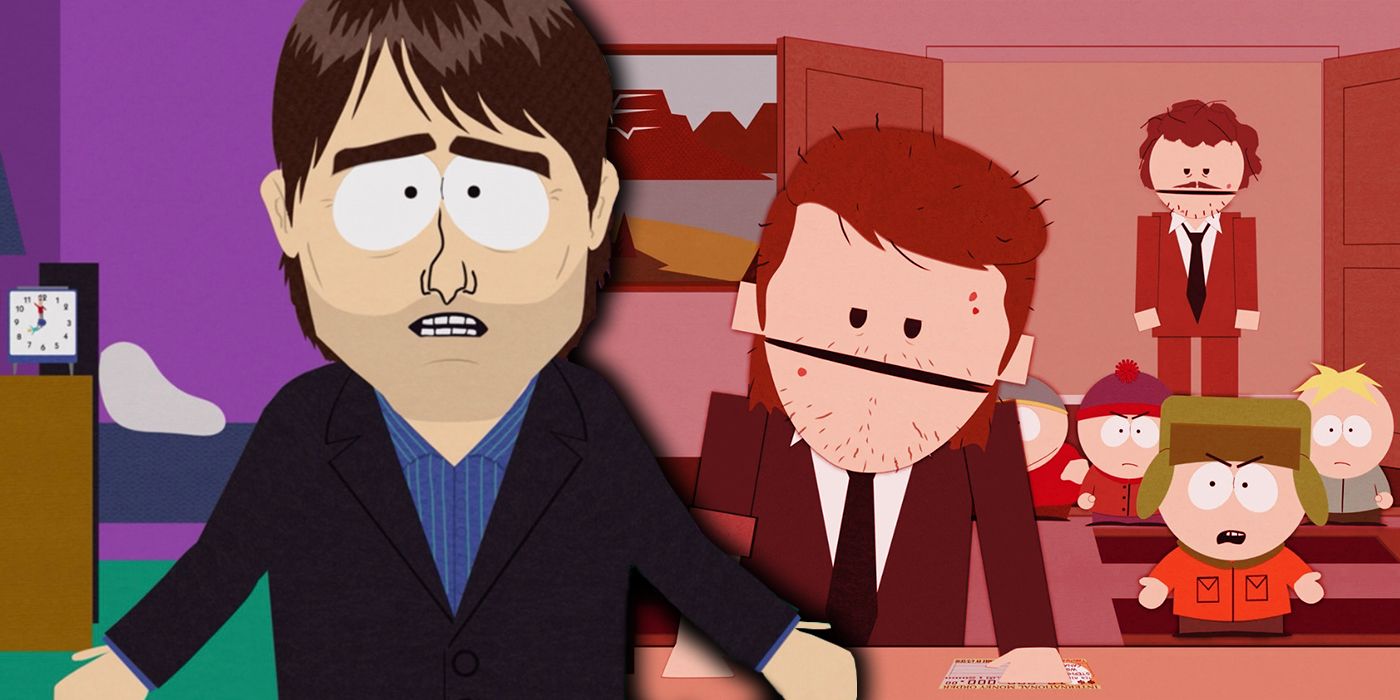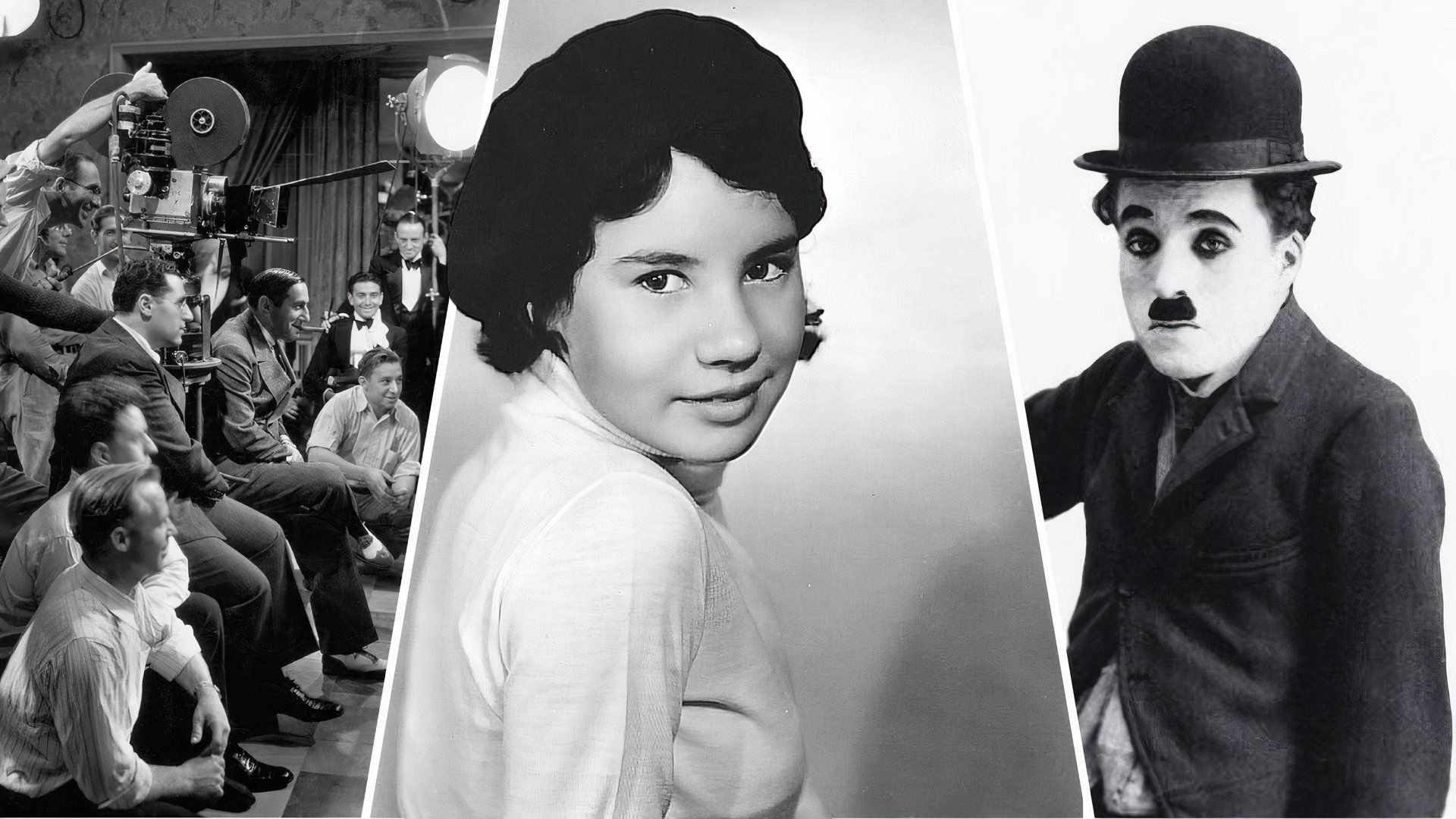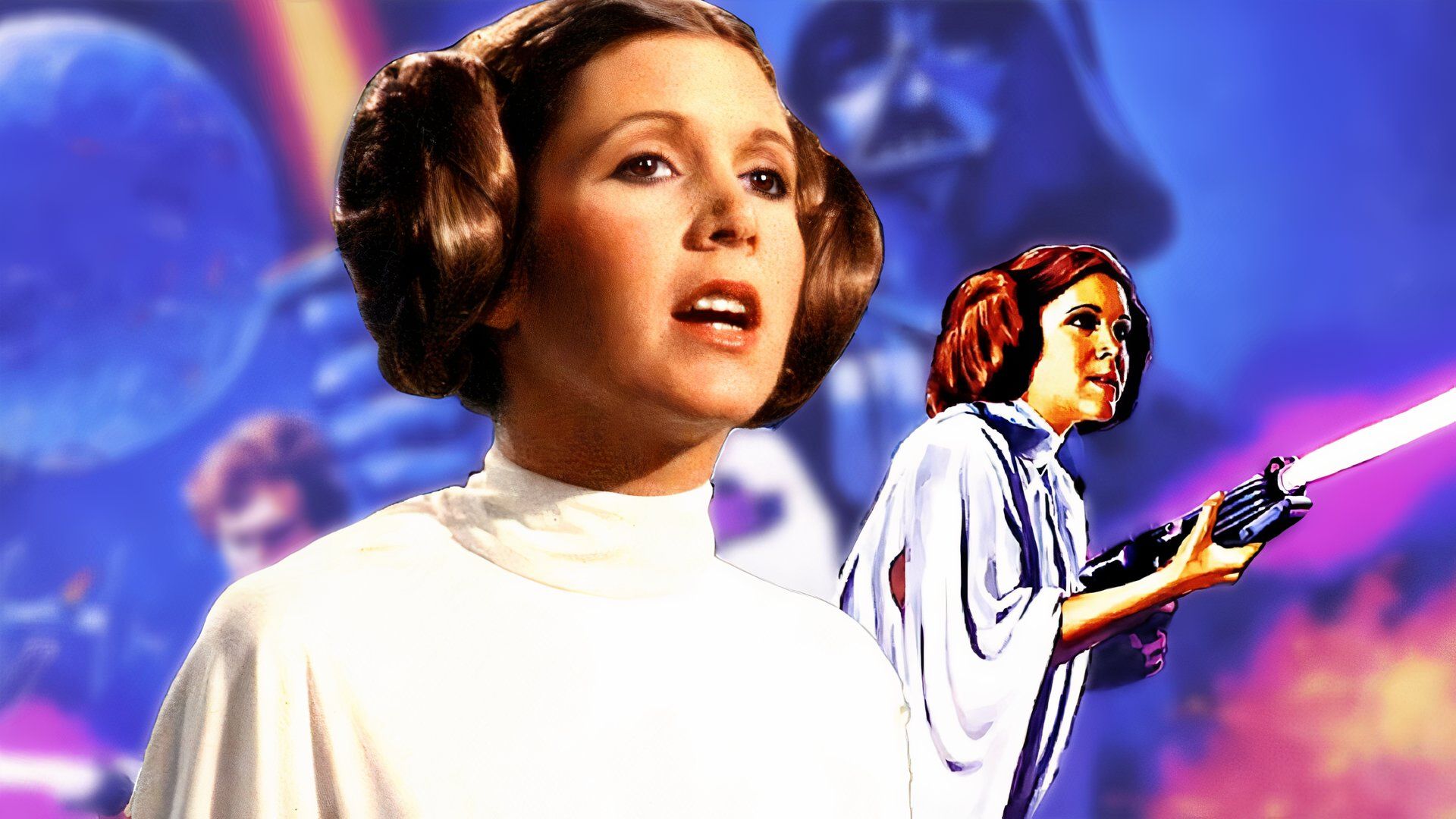Summary
- South Park’s impact extends beyond its small-town setting, allowing it to ruthlessly critique American culture and expose hypocrisy.
- The show has faced backlash and threats, such as during the Times Square bomb scare and its portrayal of Scientology, but it continues to influence public opinion.
- The show’s legal battles, like the one involving the viral internet song “What What In the Butt,” have set important precedents and clarified fair use boundaries for humorists.
South Park remains one of the most watched sitcoms on cable, with a deal inked that extends the run through Season 30. While the small town of South Park, Colorado can’t be considered real in a traditional sense — the name referring to a patch of scrubland with scattered residents — its impact is. Though neither of the two creators (Trey Parker and Matt Stone) grew up there, the benign setting has become the blank slate to project their sarcastic interpretations of all the absurdity and intricacies of American culture. When it debuted, there were few if any other shows that so ruthlessly dissected the hypocrisy of contemporary life. Let’s just say they hit a nerve.
From the nineties — a time when producing a single episode took a few months — to the modern day, where an episode can be churned out in a few days, South Park continued to lean into social issues. Along the way, creators Stone and Parker have managed to offend just about everyone, sparing no sacred cow from ridicule. The vast majority shrug it off, smart enough to know fighting back only makes you look dumber. That isn’t to say all of Stone and Parker’s targets have reacted so gracefully. Sometimes they play right into the caricature, as if to prove how devastatingly accurate the show’s critique is, and how bad public figures and organizations are at taking the bait.
Love it or hate it — and that gap seems to be widening — South Park wields a great social influence that no other existing satire could even dream of. As much as the comedy was written to poke fun at the foibles of America, and the world at large, reflecting reality, the show has increasingly acquired the reputation for being world-altering.
South Park
- Release Date
- August 13, 1997
- Seasons
- 23
Cartman’s Times Square Bomb Scare
Tensions ran high back in Spring 2010 when explosives were found in the heart of New York City in Times Square. This location was near the Viacom headquarters, which just so happened to be the parent company of Comedy Central, which airs South Park. The coincidence immediately spurred speculation that this spot was selected to instill panic in anyone attempting to depict the Islamic prophet Muhammad. Threats online seemed to corroborate the theory, though it remains unclear who was behind it.
One extremist who was known to US authorities for his role in threatening Parker and Stone was arrested in 2010 — nabbed on his way to join up with ISIS. We may never know if the Times Square Plot was aimed at avenging South Park‘s supposed blasphemy, but the threat against Parker and Stone was tangible. A US Senate-Homeland Security inquiry was published specifically to address such radicalized people, implying that US politicians and national securities officials got paid to watch and analyze South Park. Let that sink in.
All of this commotion emerged after an episode where Muhammad was dressed as a bear. Furor quickly spread on Muslim internet forums, where users longed for the two cartoonists to meet the same fate as Theo Van Gogh, a filmmaker murdered by Islamic fundamentalists for criticizing the religion for violence and intolerance. Subsequent episodes were censored for comedic effect, only highlighting the controversy and insanity around censorship that yields to extremists.
The Tom Cruise Incident
Of all the disparate adventures of Kenny, Kyle, Eric, and Stan, few have had the lasting impact of “Trapped in the Closet” (season 9, episode 12). This episode hinged on the simple disclaimer that ran underneath the images on-screen of alien overlords waging space genocide and transporting extraterrestrial corpses to Earth to dispose of in volcanoes. The caption read: “This is what Scientologists actually believe.” Incidentally, those were secrets the religious group didn’t want circulating publicly.
The L. Ron Hubbard-themed episode later earned the title of one of the most influential pieces of television ever made, turning public opinion against the heretofore obscure religious institution and their political agents. The simple yet devastating takedown so enraged the organization, that South Park became public enemy number one. The litigious group was fairly unknown at the time the episode aired, so when the sitcom ridiculed the religion to an international audience, the backlash was proportional, or so in the eyes of the Church of Scientology.
As a form of revenge, they undertook their own counter-intelligence-inspired operation, echoing the shadowy tactics referenced within the episode. According to former members of Scientology at the time, South Park‘s depiction of the group was prophetic, as the group tried and failed to leverage its industry connections to get the episode banned, per The Daily Beast. “The Tom Cruise card was played with CAA [a prestigious international talent agency] to get them to put pressure on Comedy Central and Viacom,” ex-Scientology executive Mike Rinder said in 2017. “Ultimately, it really backfired.”
Guardian Angels of Fair Use
Season 12’s “Canada on Strike” would cause a far less problematic stand-off, thankfully. This time, the Comedy Central program’s legal case involved not an intricate battle with a billion-dollar, secretive religion, but a bunch of inexperienced content creators who didn’t understand how the legal system works. Filled with gay innuendo of a specific sexual act, South Park‘s parody of the viral internet song “What What In the Butt” spilled over into litigation as the song’s owners (Brownmark Films) sued the show for copyright infringement. The whole fiasco, stupid as it was, was totally worth it just to imagine lawyers trying to recite the lyrics in a courtroom with a straight face.
The South Park guys won, to no one’s shock, the plaintiff’s case a bumbling mess from the beginning, the judge tossing the lawsuit. Funny enough, that’s not the end of the 2011 Brownmark Films v. Comedy Partners case. An interesting side effect is how the otherwise ridiculous case has permanently buffed the nascent concept of legally protected spoofs and clarified the boundaries of fair use for humorists. According to The Hollywood Reporter, the “transformative send-up of the viral video culture” was one of the most important legal precedents to come out of the entertainment sphere at the time, since then cited on a regular basis by lawyers in copyright infringement cases. Sure, it may not be one of Parker and Stone’s best stories, but, at the very least, this episode deserves praise for curtailing the glut of nuisance cases.
Picking an Unwinnable Battle with China
South Park maintains its ability to irritate well into its twenty-third season and beyond, taking on all comers. An October 2019 show called “Band in China” would raise the stakes quite a bit. This installment of the show devoted most of its vitriol to Western companies groveling and betraying their principles to get a piece of the highly censored (and equally lucrative) Chinese consumer market, rather than the Chinese government’s suppression of freedom of speech itself.
How did the authorities in China react to the rather obvious and banal critique? Exactly as you think they would, they banned the series entirely, eliminating every mention or reference to the show’s existence in true Winnie-the-Pooh style, proving Parker and Stone had hit the nail squarely on the head. R.I.P., Cantonese South Park fan-fiction websites. The South Park guys were in the right, but you have to feel for all the fans of the show in China who just lost another outlet for social commentary, those same viewers are now criminals for the brazen act of Googling a photo of Mr. Hanky or donning a beanie not authorized by the Communist Party. This world is weird and often unfair, but that’s why the show exists in the first place. Stream on Max.



